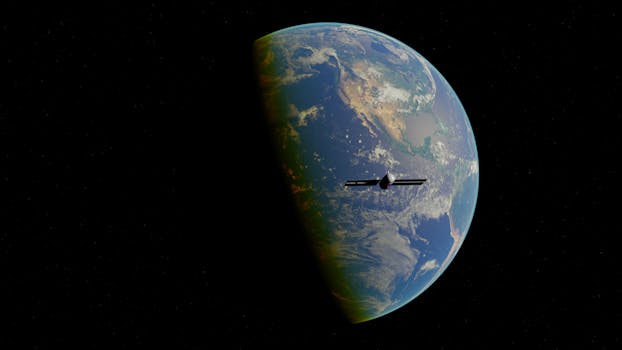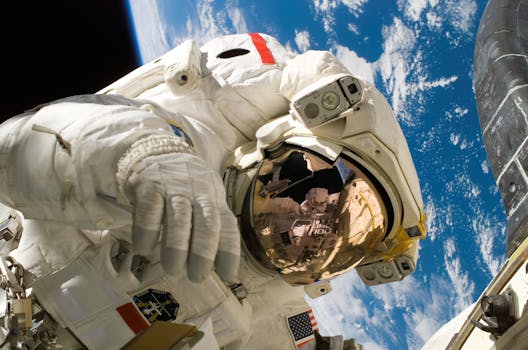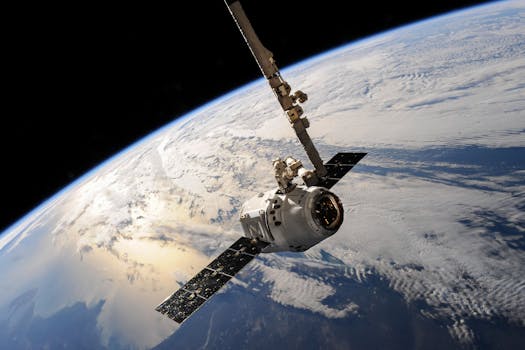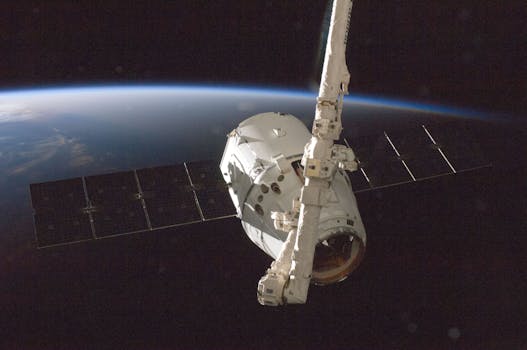
The Future of Satellites: Revolutionizing Global Communication and Exploration
The future of satellites is rapidly evolving, with advancements in technology and innovation leading to new opportunities for global communication, exploration, and development. The future of satellites holds great promise, with the potential to transform the way we live, work, and interact with one another. In this article, we will explore the latest developments and trends in satellite technology, and examine the exciting possibilities that lie ahead.
Advancements in Satellite Technology

One of the most significant advancements in satellite technology is the development of smaller, more efficient satellites. These satellites, known as smallsats or cubesats, are designed to be smaller, lighter, and more cost-effective than traditional satellites. They are also more agile and flexible, allowing them to be launched into orbit more quickly and easily. This has opened up new opportunities for companies and organizations to launch their own satellites, and has democratized access to space.
Another key development is the use of advanced materials and technologies, such as 3D printing and nanotechnology. These materials and technologies are being used to create stronger, lighter, and more efficient satellite components, such as solar panels and antennae. This has enabled the creation of more powerful and capable satellites, with improved performance and longevity.
New Opportunities for Global Communication and Exploration

The future of satellites also holds great promise for global communication and exploration. With the development of new satellite constellations, such as OneWeb and Starlink, high-speed internet access will become more widespread and accessible. This will enable people in remote and underserved areas to connect to the global network, and will facilitate communication and collaboration across the globe.
Satellites are also playing a critical role in space exploration, with NASA and other space agencies using them to study the Earth, the Sun, and the universe. The use of satellites has enabled scientists to gather vast amounts of data and imagery, which has greatly expanded our understanding of the cosmos. The future of satellites will also enable the development of new space-based technologies, such as satellite-based solar power and space-based telescopes.
Challenges and Opportunities

Despite the many opportunities and advancements in satellite technology, there are also challenges and risks associated with the future of satellites. One of the main concerns is the growing problem of space debris, which poses a significant threat to the safety and sustainability of space exploration. The increasing number of satellites in orbit also raises concerns about congestion and interference, which could impact the performance and reliability of satellite communications.
However, these challenges also present opportunities for innovation and development. The need for sustainable and responsible space practices has led to the development of new technologies and strategies, such as debris removal and satellite recycling. The future of satellites will require a balanced approach, taking into account the needs of different stakeholders and users, and prioritizing sustainability, safety, and responsible development.
See more:





